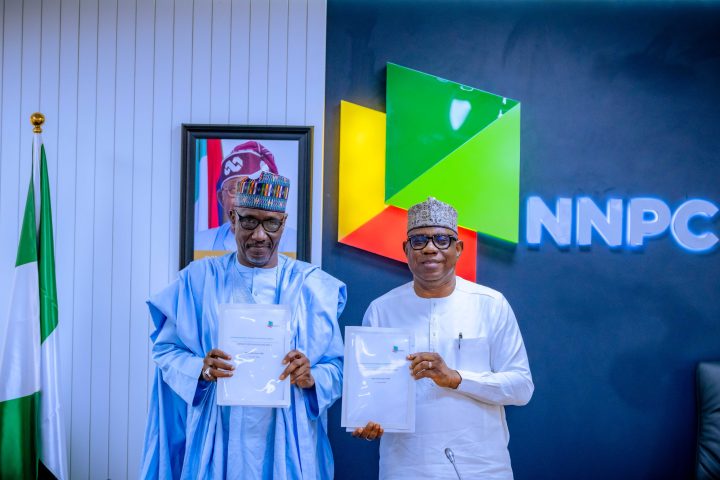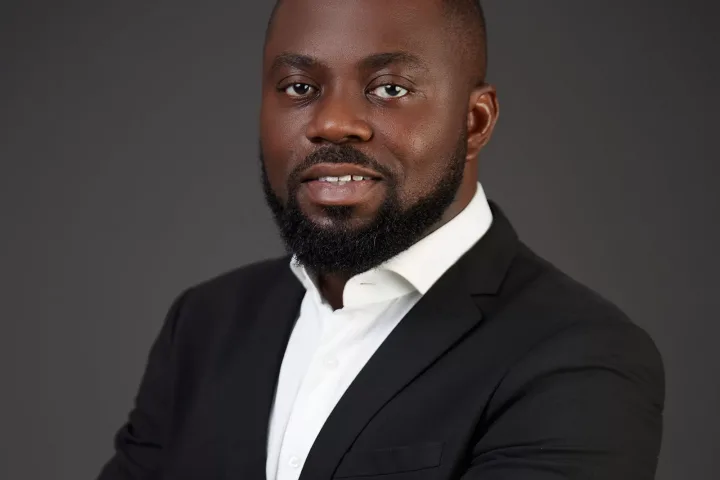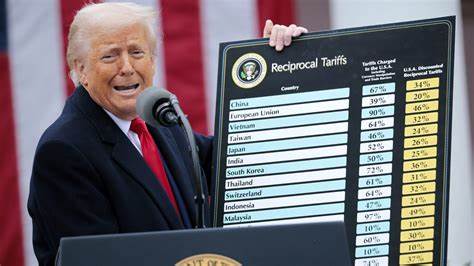President of the African Development Bank (AfDB), Akinwumi Adesina, has disclosed that the bank attracted $5.6 billion in investments to the agricultural sector and expanded lending from 0.7% to 5%.
Adesina made this known recently at the 51st Annual Accountants Conference of the Institute of Chartered Accountants of Nigeria (ICAN).
Join our WhatsApp ChannelHe said: “In an economy where Banks were not lending to farmers, we attracted $5.6 billion in investments to the agricultural sector, and expanded lending by banks from 0.7% to 5%.
“Leaders are required and expected to do the right things. They must exercise power in a responsible manner. They are instruments to bring to pass the plans and purposes of God for people.
“Ultimately, a leader must be driven by accountability to God. Some felt the agricultural reforms were too audacious to be done, as they would involve stepping on the toes of very influential and powerful people. But I was not deterred. Government has to work for the voiceless.
“We worked day and night and within 90-days, powered by the revolutionary use of mobile phone technology, we brought in transparency and ended decades of corruption in the fertilizer sector that had marginalized farmers, enriched the powerful and undermined the emergence of a vibrant private sector.
“Farmers across the country were put right in the center of policy making with clear and transparent accountability to them.
The AfDB president noted that in the past five years, the bank’s work has impacted the lives of 335 million people.
He said: In 2020, Publish What You Fund ranked the African Development Bank as the 4th most transparent institution in the world out of 47 global development finance institutions on the Global Index of Transparency.
“And this year, the U.S. magazine Global Finance ranked the African Development Bank as the best multilateral financial institution in the world.
“In 2019, the deputy prime minister of Singapore was a guest speaker at the African Development Bank’s Eminent Speakers’ series.
“He said something that challenged me: that Singapore’s most important asset was its human capital and that the most important position in the Government of Singapore was the Minister of Education.
“Singapore prioritizes education for its youth to make them globally competitive in the world of technology and innovation to boost its leadership position in global markets.
“It trusts its youth, it values its youth, and it shows this by giving top priority to unleashing their potential.
“Think of the following: Singapore spent $12.8 billion on education in 2018 and $20 billion in 2020. Today, Singapore tops the rankings in global education.
“It’s first-rate human capital, led by its young dynamic and well-trained population, powers its knowledge economy, driven by high technology industries, electronics manufacturing including machinery and computers, medical equipment, shipping, and global financial services.”


















Follow Us